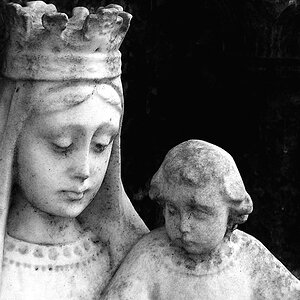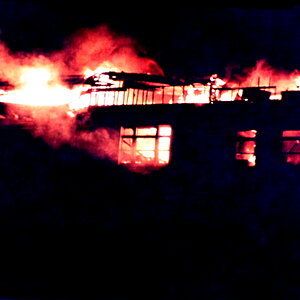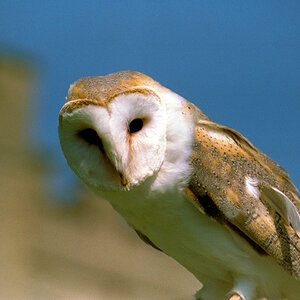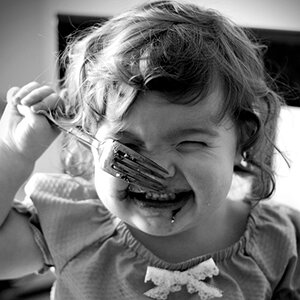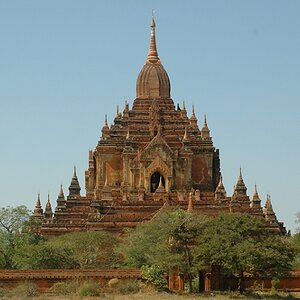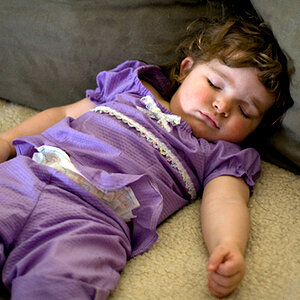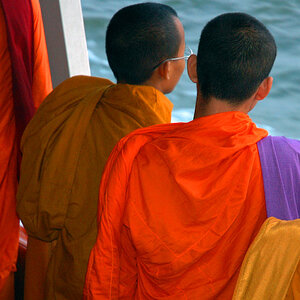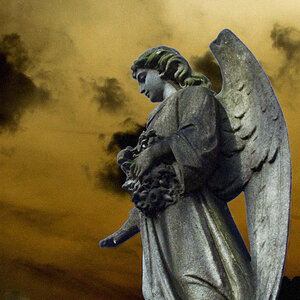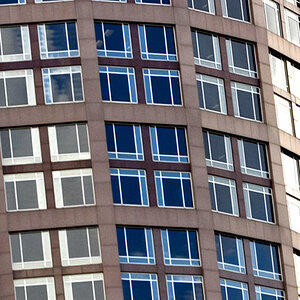pgriz
Been spending a lot of time on here!
- Joined
- Jul 30, 2010
- Messages
- 6,734
- Reaction score
- 3,221
- Location
- Canada
- Can others edit my Photos
- Photos OK to edit
Yes, lets beat this hoss some more. I think it twitched the last time. :mrgreen:
As part of my own reading on various items that interest me, I came across (or had it pointed out to me - don't really remember), an essay on judging by Robert A. Baron, which can be found on his web site here: Problems in Judging Amateur Photography Competitions -- Robert A. Baron. I think he addresses many of the things we wrestle with when we try to critique an image, and determine how much (if any) weight we should give the formal rules of composition and photography. I may or may not fully buy his arguements, but the piece he wrote is worth reflecting on.
As part of my own reading on various items that interest me, I came across (or had it pointed out to me - don't really remember), an essay on judging by Robert A. Baron, which can be found on his web site here: Problems in Judging Amateur Photography Competitions -- Robert A. Baron. I think he addresses many of the things we wrestle with when we try to critique an image, and determine how much (if any) weight we should give the formal rules of composition and photography. I may or may not fully buy his arguements, but the piece he wrote is worth reflecting on.


